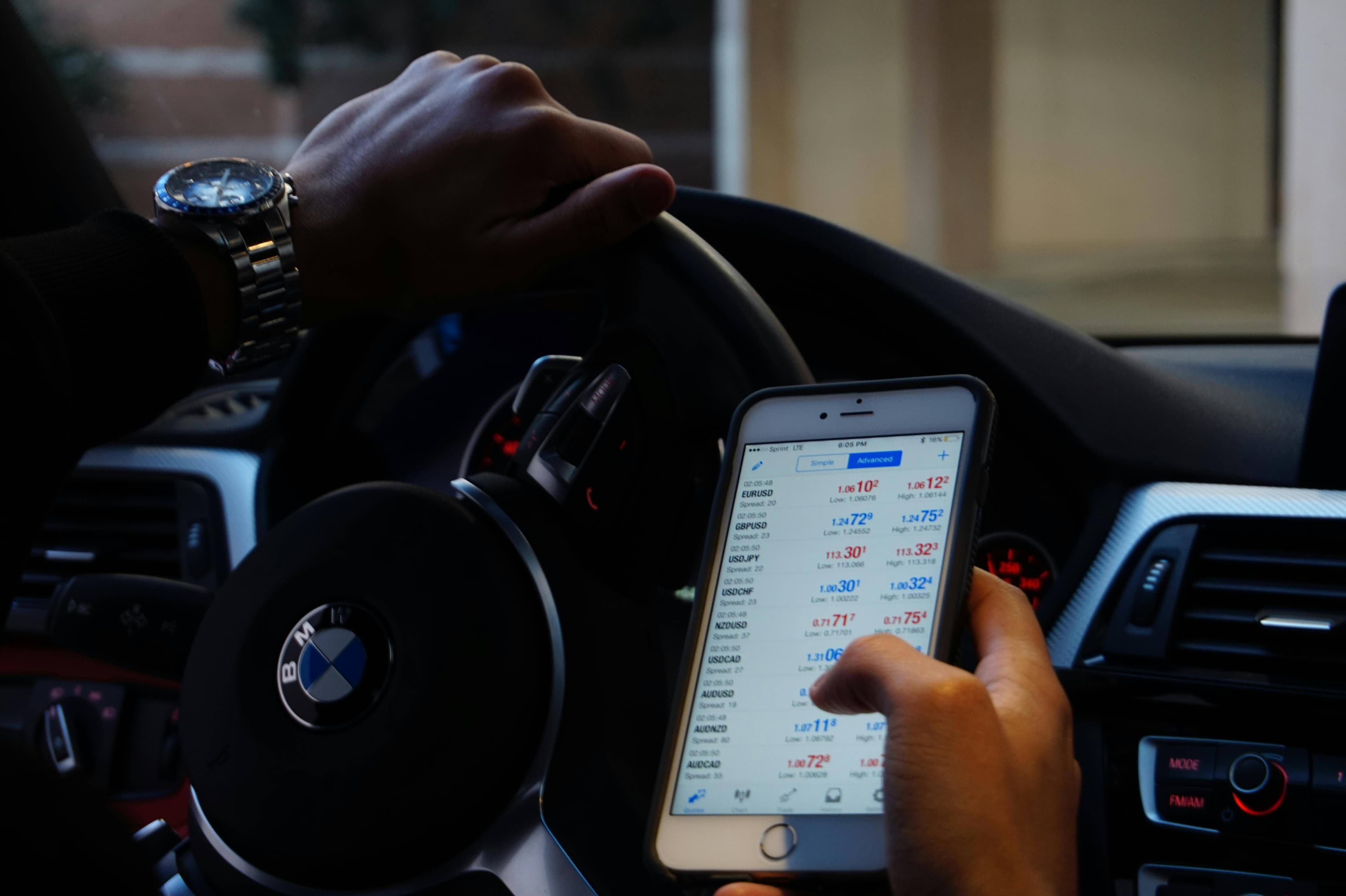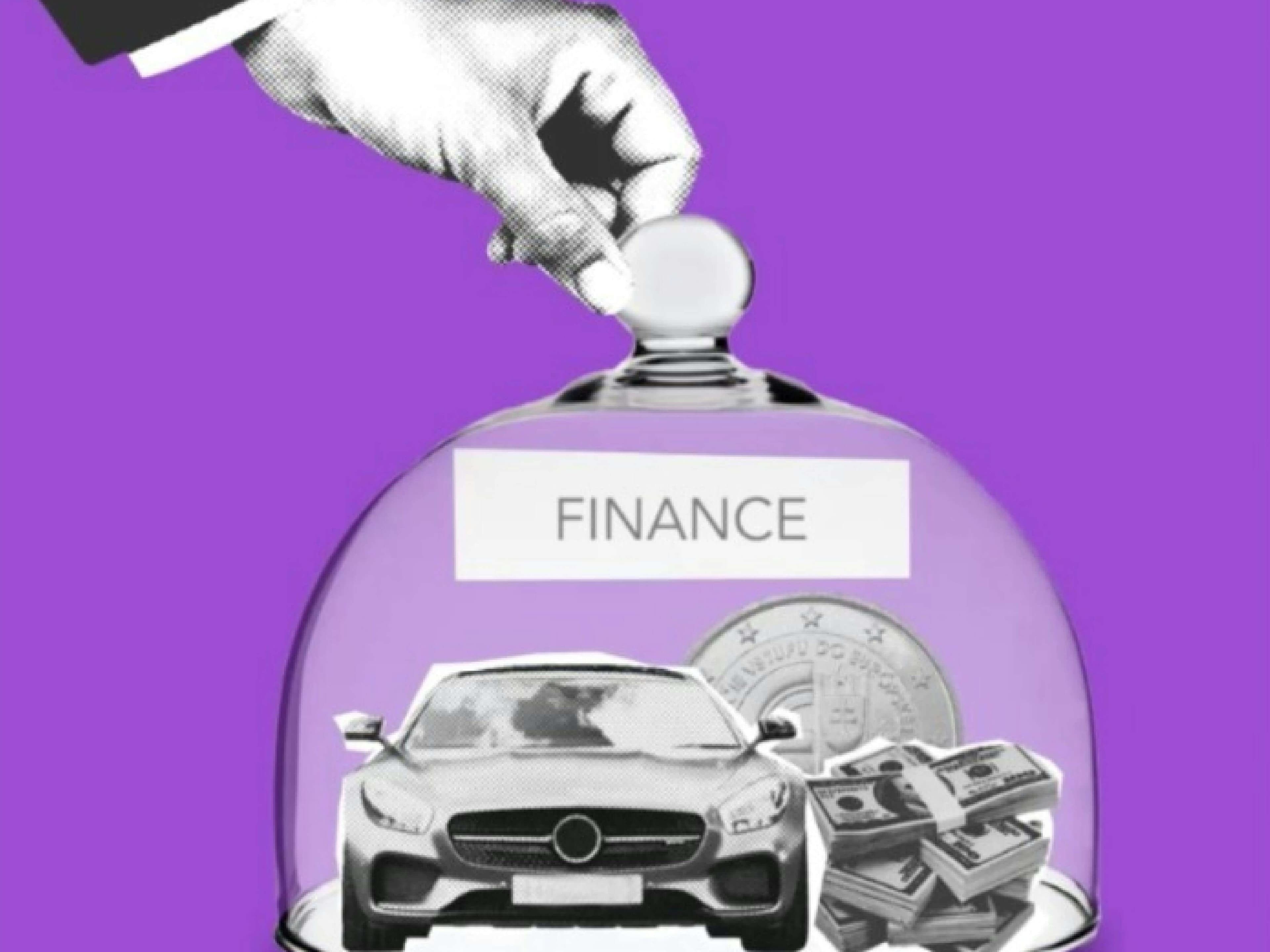Can You Get Car Finance With an IVA? Complete UK Guide | Motor Finance Today
Wondering can you get car finance with an IVA? Motor Finance Today explains how specialist lenders approve IVA car finance, required documents, approval tips, and your options during or after an active IVA arrangement.
Motor Finance Today
Author
October 1, 2025
What is an IVA and How Does It Affect Car Finance?
An Individual Voluntary Arrangement (IVA) is a legally binding agreement between you and your creditors to repay debts over 5-6 years. It's regulated by the Insolvency Service and supervised by a licensed Insolvency Practitioner (IP).
As of 2025, approximately 60,000 people enter IVAs each year in the UK. An IVA consolidates debts into affordable monthly payments, often writing off a portion of what you owe at the end.
How an IVA Impacts Your Credit File
When you enter an IVA, it's recorded on your credit file for six years. This drops your credit score into the "poor" or "very poor" category. Lenders view an IVA as a sign you've struggled with credit, making them cautious about lending.
During your IVA, you're restricted from taking on credit over £500 without permission from your Insolvency Practitioner. This includes car finance, so you'll need approval before applying.
After your IVA is completed, the record is removed from your credit file after six years. However, the impact on your credit score may linger as you rebuild your credit history.
Can You Get Car Finance During an IVA?
Several car finance options are available for people with an IVA, though choices are more limited than those with good credit:
Specialist IVA Car Finance Lenders
Specialist lenders focus on providing car finance to people with poor credit histories, including those with IVAs. They understand that an IVA doesn't necessarily reflect your current financial situation.
These specialist lenders work with bad credit car finance applicants and have flexible lending criteria. They consider factors beyond your credit score:
Your current income and employment stability
Your affordability based on income and expenditure
Your progress in your IVA arrangement
Whether you have IP approval
Hire Purchase (HP)
Hire Purchase is the most common form of car finance for IVA holders. You pay an initial deposit (10-30% of the car's value) followed by fixed monthly payments over 24-60 months. You don't own the vehicle until you've made all payments and paid a small option-to-purchase fee.
Personal Contract Purchase (PCP)
PCP agreements are less common for IVA car finance but may be available through specialist lenders. You pay a deposit and lower monthly payments, with a large balloon payment due at the end if you want to own the car. Many people with IVAs prefer HP as it's more straightforward.
Conditional Sale
Similar to HP, conditional sale involves paying a deposit and monthly instalments. Ownership automatically transfers to you after the final payment, without needing an option-to-purchase fee.
Guarantor Car Finance
If you're struggling to get approved, guarantor car finance might be an option. A guarantor (typically a family member with good credit) agrees to make payments if you can't. This reduces the lender's risk and may help you access better rates.
However, your guarantor must understand the responsibility they're taking on. If you default, it could damage their credit score and they'll be legally obligated to repay the debt.
Car Finance After IVA Completion
Once your IVA is satisfied, getting IVA finance becomes significantly easier. Lenders view a completed IVA more favourably than an active one, as it demonstrates you've taken responsibility for your debts.
After IVA completion, you may benefit from:
Lower interest rates compared to during your IVA
Larger loan amounts
Longer repayment terms
Lower deposit requirements
Eligibility Requirements for IVA Car Finance
Getting approved for Individual Voluntary Arrangement car finance depends on meeting specific criteria:
Essential Requirements
Age: At least 18 years old (some lenders require 21+)
Residency: UK resident for at least three years
Employment: Regular income from employment, self-employment, or benefits
IP Approval: Written consent from your Insolvency Practitioner if you're in an active IVA
Affordability: Ability to afford repayments alongside existing commitments
Driving Licence: Valid UK driving licence
Income Requirements
Most specialist lenders require a minimum monthly income of £800-£1,200. This can come from:
Employed income
Self-employed income (may require additional documentation)
Pension income
Some benefit income (varies by lender)
Deposit Expectations
Most IVA car finance deals require a deposit of 10-30% of the vehicle's value. A larger deposit helps by:
Reducing the amount you need to borrow
Lowering your monthly payments
Improving your chances of approval
Potentially securing a better interest rate
What Lenders Assess
Specialist lenders conduct affordability assessments as required by FCA regulations. They'll review:
Your income and expenditure
Your existing credit commitments (including your IVA payment)
Your employment stability and history
Your banking behaviour (regular income, absence of overdraft problems)
The reasonableness of the vehicle you're financing
How to Apply for Car Finance With an IVA
Follow these steps to maximise your chances of approval:
Step 1: Speak to Your Insolvency Practitioner
Before looking at cars or finance options, contact your IP. Explain why you need vehicle finance and provide details about:
The type of vehicle you're considering
The estimated cost and monthly payments
Why the car is necessary (employment, childcare, etc.)
How you'll afford the payments alongside your IVA
Your IP will review your income and expenditure to determine if car finance is feasible. If approved, get written permission before proceeding.
Step 2: Determine Your Budget
Calculate realistically what you can afford. Consider:
Monthly payment amount
Deposit available
Insurance costs (often higher with older, cheaper cars)
Fuel and maintenance expenses
MOT and servicing costs
Step 3: Research Specialist Lenders
Research specialist lenders who work with people in IVAs or with poor credit. Look for:
FCA authorisation and regulation
Positive customer reviews
Transparent terms and conditions
Reasonable interest rates for your circumstances
Clear information about fees
Step 4: Check Your Eligibility
Use soft search eligibility checkers offered by many lenders. These show your likelihood of approval without impacting your credit score. Avoid making multiple full applications, as each hard credit check can further damage your credit score.
Step 5: Gather Required Documentation
Typical documentation includes:
Proof of identity (passport or driving licence)
Proof of address (utility bill, bank statement from last 3 months)
Proof of income (payslips, bank statements, tax returns if self-employed)
Bank statements (usually 3 months)
IP contact details and written permission
Details of your IVA arrangement
Step 6: Choose Your Vehicle
Select a realistic, reliable vehicle appropriate to your circumstances. Lenders and IPs are more likely to approve finance for:
Sensible, reliable used cars (3-5 years old is often ideal)
Vehicles with reasonable mileage
Cars with good reliability records
Affordable models with reasonable running costs
Step 7: Complete the Application
Submit your application with all required documentation. Be completely honest about your circumstances, including your IVA. Misrepresenting your situation can result in application rejection or, worse, could constitute fraud.
Step 8: Review the Agreement Carefully
If approved, carefully review the finance agreement before signing. Check:
The APR and total amount payable
Monthly payment amounts and dates
The term length
Any fees or charges
Early repayment terms
What happens if you miss payments
Under the Consumer Credit Act 1974, you have a 14-day cooling-off period to cancel a regulated credit agreement without penalty.
Lenders favour applicants with stable employment. If you've recently changed jobs or work in temporary positions, you may face more scrutiny. Where possible, wait until you've been in your current role for at least 3-6 months before applying.
Larger deposit: Reduces the amount borrowed and may secure better rates
Shorter term: Pay less interest overall (but higher monthly payments)
Shop around: Compare specialist lenders to find the best deal
Wait if possible: If you're close to completing your IVA, waiting may secure better rates
Consider guarantor finance: May access better rates with a suitable guarantor
Frequently Asked Questions
Can I get car finance while in an IVA?
Yes, you can get car finance during an active IVA, but you must first obtain written permission from your Insolvency Practitioner. Your IP will assess whether the car finance is affordable and necessary for your circumstances. Specialist lenders work specifically with IVA holders and understand that reliable transport is often essential for maintaining employment and meeting IVA commitments.
How long after an IVA can I get car finance?
You can apply for car finance immediately after completing your IVA, and it becomes significantly easier than during the arrangement. Your IVA remains on your credit file for six years, but lenders view a completed IVA more favourably than an active one. Many people successfully obtain car finance within weeks of IVA completion through specialist lenders, often with better rates than they'd receive during the arrangement.


